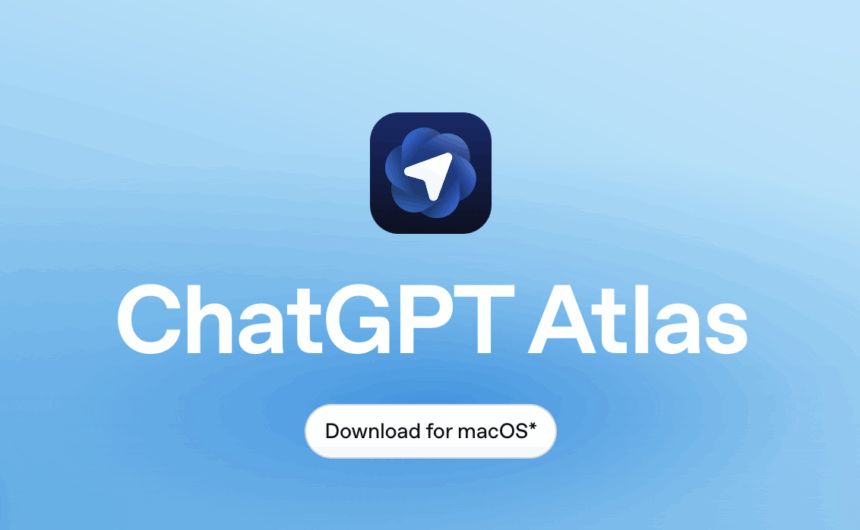- ChatGPT Atlas replaces the standard address bar with an AI-powered interface for faster, context-aware browsing.
- OpenAI CEO Sam Altman highlighted that the AI-powered browser is built around ChatGPT and targets paid subscribers with an agent mode.
- Partnerships with Etsy, Shopify, Expedia, and Booking.com integrate ChatGPT into e-commerce and travel platforms.
- Experts note that while Atlas is innovative, mainstream users may stick with Google Chrome or Microsoft Edge for now.
OpenAI has launched ChatGPT Atlas, a groundbreaking AI-powered browser intended to challenge Google Chrome, the most widely used web browser worldwide.
Unlike traditional browsers, Atlas eliminates the standard address bar and allows users to interact directly with ChatGPT while navigating the web.
ATTENTION: Click “HERE” to join our WhatsApp group and receive News updates directly on your WhatsApp!
Sam Altman, OpenAI CEO, described the new browser as “built around ChatGPT,” emphasizing its integration with AI for a faster, more intuitive browsing experience. Atlas is initially available on macOS and includes a paid agent mode that enables the AI to search and browse automatically, helping users find information more efficiently. This feature is exclusive to paid ChatGPT subscribers.
READ ALSO: Nigeria Will No Longer Accept Deportees from the U.S. — Minister Yusuf Tuggar
OpenAI continues to expand its digital ecosystem by collaborating with major platforms such as Etsy, Shopify, Expedia, and Booking.com. These partnerships allow ChatGPT to assist users in e-commerce and travel, providing recommendations and automating certain tasks directly within the browser.
During OpenAI’s recent DevDay event, Altman revealed that ChatGPT has reached 800 million weekly active users, a significant increase from 400 million in February, reflecting growing global adoption.
Industry analysts, including Pat Moorhead of Moor Insights & Strategy, praised Atlas for its innovation but expressed skepticism about its ability to immediately challenge Google Chrome or Microsoft Edge, as mainstream and corporate users often prefer familiar platforms. Microsoft Edge already offers comparable AI integration, reinforcing the competitive landscape.
READ ALSO: Nnamdi Kanu Fires Lawyers, Opts to Represent Self in Terrorism Trial
The launch comes amid heightened scrutiny of Google, which was recently found to hold an illegal monopoly in online search. While the U.S. Justice Department sought a Chrome spin-off, the court did not mandate it.
At the same time, research shows more users are turning to AI and large language models like ChatGPT for answers, with nearly 6% of desktop searches in July conducted via LLMs, more than doubling last year’s usage.

